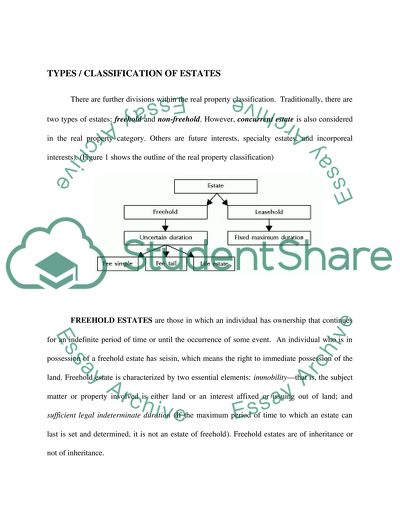Cite this document
(“Property Rights and Estates (Finance Real Estate) Essay”, n.d.)
Property Rights and Estates (Finance Real Estate) Essay. Retrieved from https://studentshare.org/miscellaneous/1537293-property-rights-and-estates-finance-real-estate
Property Rights and Estates (Finance Real Estate) Essay. Retrieved from https://studentshare.org/miscellaneous/1537293-property-rights-and-estates-finance-real-estate
(Property Rights and Estates (Finance Real Estate) Essay)
Property Rights and Estates (Finance Real Estate) Essay. https://studentshare.org/miscellaneous/1537293-property-rights-and-estates-finance-real-estate.
Property Rights and Estates (Finance Real Estate) Essay. https://studentshare.org/miscellaneous/1537293-property-rights-and-estates-finance-real-estate.
“Property Rights and Estates (Finance Real Estate) Essay”, n.d. https://studentshare.org/miscellaneous/1537293-property-rights-and-estates-finance-real-estate.


